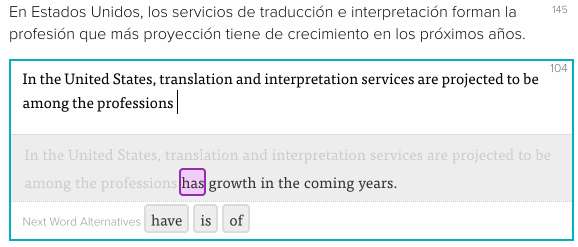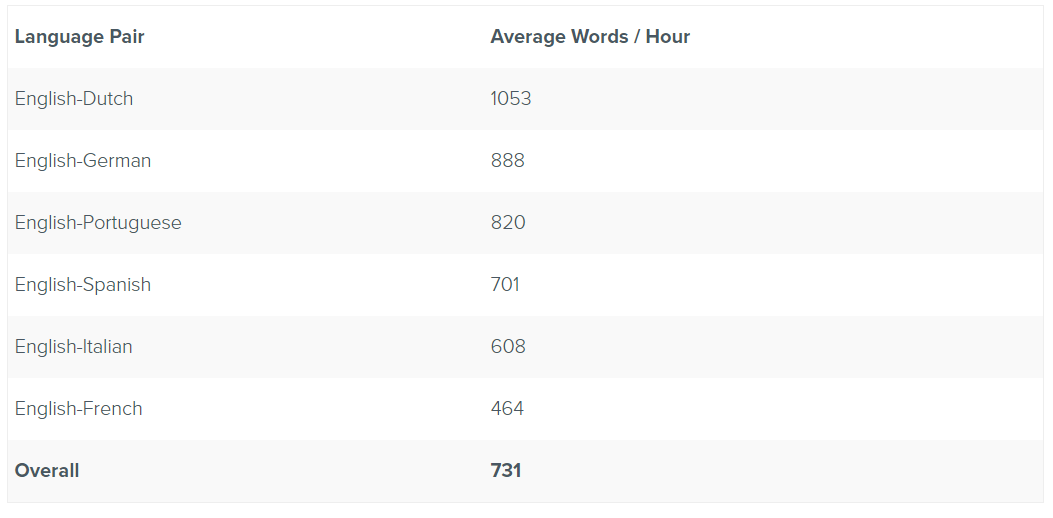Lilt Announces Strategic Partnership with In-Q-Tel (IQT)

Partnership fuels company growth and enables U.S. government agencies to translate materials accurately and quickly.
Lilt, an interactive, adaptive machine translation system, today announced a partnership with In-Q-Tel, Inc. (IQT) to offer U.S. government agencies a high-quality solution for enterprise translation. IQT is the independent, not-for-profit strategic investor that identifies and accelerates the development and delivery of innovative technology solutions to support the missions of U.S. government agencies.
Lilt’s machine translation (MT) engine leverages a human-in-the-loop approach and machine learning to continuously learn in real-time from human feedback—this enables enterprises to significantly increase translation speed and quality without spiking costs. Augmenting the work of human translators with Lilt’s adaptive MT solution allows all types of businesses to localize materials into foreign languages and accomplish strategic objectives. The Company’s carefully vetted translators contribute to the system’s continuous improvement and are chosen for their domain expertise and ability to localize with sensitivity to cultural nuance. Using Lilt’s MT engine, they are able to translate at nearly five times their normal speed while maintaining the same level of quality and accuracy.
“Lilt takes a novel approach to translation by combining human skills and machine learning so that text can be translated faster and with superior quality,” said A.J. Bertone, Principal, Investments at IQT. “With this partnership, we look forward to providing government agencies with a world-class translation capability that will improve the flow of information across languages and amplify human translation resources.
“IQT’s support enables Lilt to better serve customers with the highest quality and latency requirements,” said Spence Green, co-founder and CEO of Lilt. “Our mission is to make the world’s information accessible to everyone, regardless of where they were born or what language they speak. Empowering our public institutions to send and receive mission-critical information across languages is a fundamental component of that mission.”
About In-Q-Tel
In-Q-Tel (IQT) is the not-for-profit strategic investor that accelerates the development and delivery of cutting-edge technologies to U.S. government agencies that keep our nation safe. IQT was established in 1999 with a distinct mission: to identify and partner with startup companies developing innovative technologies that protect and preserve our nation’s security. Visit www.iqt.org for more information.
ABOUT LILT
Lilt is a platform that equips businesses to optimize among speed, quality, and cost for large-scale localization projects. The core technology is an interactive, adaptive machine translation systems that learns in real-time from human feedback and/or existing translation memory data. Adaptation allows the system to progressively provide better suggestions to human translators and higher quality for fully automatic translation.
Modern companies like Zendesk, Snap, Hudson Bay Company, and Sprinklr use Lilt’s technology to reach emerging markets all over the world. Headquartered in San Francisco, and with a growing office in Berlin, Lilt is backed by In-Q-Tel, Sequoia Capital, Redpoint Ventures, XSeed Capital and Zetta Venture Partners.
For more, please visit www.lilt.com.



